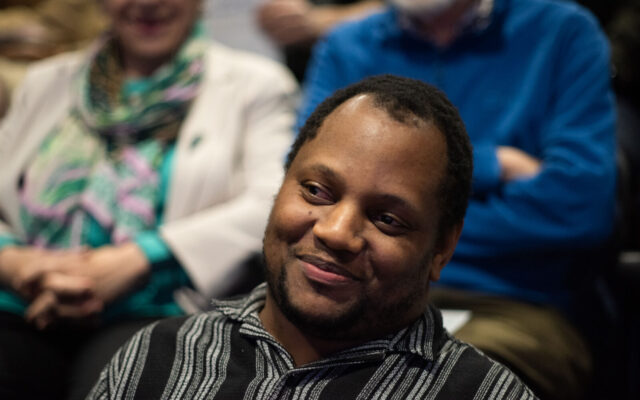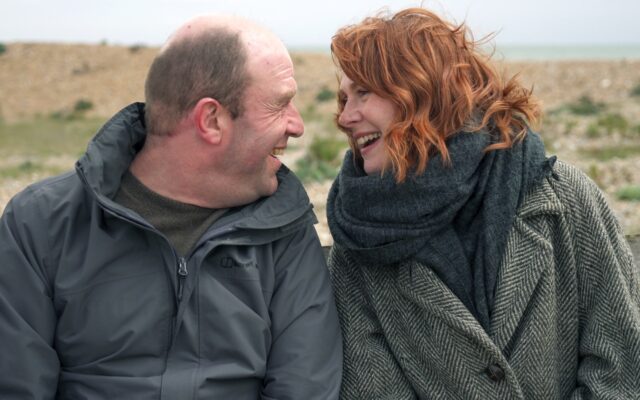The core role of people with learning disabilities in our history
English Heritage is one of the few organisations to represent the contribution of people with learning disabilities in our history. Rosie Sherrington, social inclusion and diversity advisor, explains.
Access improvements made by organisations often focus on physical disability, neglecting the needs of people with learning or emotional disabilities. At English Heritage, this is not the case. Many sites offer basic language audio tours and some Easy Read guides. All sites have Easy Read feedback forms and customer-facing staff are trained annually on learning disability awareness. Exhibitions at sites are designed to appeal to a range of audience needs, with both simple and more complex information available to visitors.
History web resource
In December 2012 English Heritage published a ground-breaking new web resource called Disability in Time and Place which explored the history of disabled people and the buildings they have lived, loved, learnt, been locked up in, worked and socialised in over a period of a thousand years, from the medieval period to the present day. The project aimed to present a social model of disability and to ensure that disabled people are represented in our understanding of the past.
A great deal of the material found was about the historic places associated with people with learning disabilities, from the ‘fools’ of Henry VIII at Hampton Court Palace to Peter the Wild Boy in the court of George I.
We can now see that learning disabled people are a core part of England’s heritage, appearing everywhere throughout our past, including in the highest levels of society. The project was launched at the Graeae Theatre in London by a troupe of learning disabled actors called the Misfits to much applause.
This web resource was well received and the disability arts charity Accentuate are planning a major community engagement project with local disabled people at selected sites from the resource. They have received first-round Heritage Lottery funding to do this and will be working with learning disability groups to ensure that this history is further explored. As a result of this project some buildings have been listed because they are important in telling the history of disabled people.
English Heritage works with a variety of disability charities and organisations and also has an advisory group which advises on all matters to do with learning disability. This has learning disabled members, including representation from People First. The organisation tries to involve people with learning disabilities in all aspects of its work, including volunteering.
Improving sites
We are keen to improve our sites and need to know what our visitors with learning disabilities want to help them get more out of their visit so please ask what is available when you come. If what you need isn’t there, let us know – the more demand there is, the better. And if you know of a building that is important in the history of learning disabled people, please tell us about it.
English Heritage looks after over 400 historic places across England including Stonehenge, Whitby Abbey and Dover Castle on behalf of the government for the whole nation. Improving access to these sites has been a major area of work over the last 20 years. Though entry to many sites is free, others charge and people want better value. Visitors expect to be entertained and informed to meet their needs, interests and level of understanding. This applies specially to disabled people who have a right by law under the Equality Act to expect a service as good as that provided to non-disabled people. English Heritage now offer wheelchair loan, level access, induction loops, large print guides and BSL tours at many of their sites. There is an access guide which covers in detail what is available at each historic site, allowing visitors to plan their day out knowing what support they can receive.
The Disability in Time and Place web resource is at: http://www.english-heritage.org.uk/discover/people-and-places/disability-history/
For more information about how to suggest buildings for listing see: http://www.english-heritage.org.uk/caring/listing/listed-buildings/how-do-buildings-become-listed/




